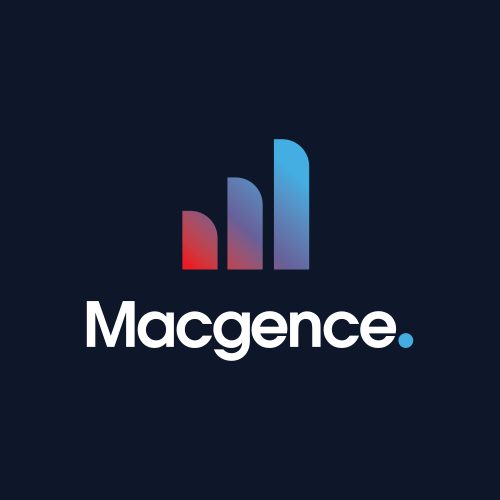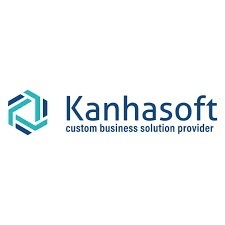
Articles
AI Agents: The Future of Autonomous Digital Intelligence

Share this post
In the ever-evolving world of artificial intelligence, AI agents are leading a new wave of innovation by bringing autonomy and intelligence to digital systems. These agents are transforming industries, streamlining tasks, and enabling businesses to achieve more with less manual input. Whether you're a tech enthusiast, a business strategist, or a developer, understanding AI agents is essential in 2025 and beyond.
What is an AI Agent?
An AI agent is a software program or system designed to autonomously perform tasks on behalf of users or systems. These agents perceive their environment, make decisions, and act intelligently without constant human intervention. They use a combination of machine learning, natural language processing, and reasoning algorithms to operate effectively.
How AI Agents Work?
At their core, AI agents follow a sense-think-act cycle:
• Sense: Collect data from the environment.
• Think: Analyze the data using AI models to make decisions.
• Act: Execute tasks based on the analysis.
Types of AI Agents
There are several types of AI agents, each serving specific roles:
• Reactive Agents: Respond to specific stimuli without storing past experiences.
• Model-based Agents: Maintain an internal model of the environment to make informed decisions.
• Goal-based Agents: Work toward achieving a specific objective.
• Utility-based Agents: Optimize outcomes based on defined preferences.
• Learning Agents: Continuously improve using machine learning techniques.
Real-World Applications of AI Agents
AI agents are rapidly being adopted across sectors:
1. Customer Service
Chatbots and virtual assistants use AI agent frameworks to deliver personalized support 24/7.
2. Healthcare
Agents assist in diagnostics, medication reminders, and managing patient data intelligently.
3. E-Commerce
AI agents power recommendation engines, manage inventory predictions, and automate customer interaction.
4. Finance
They automate fraud detection, customer onboarding, and portfolio management.
5. Software Development
In platforms like GitHub, Copilot, and Replit, AI agents write, test, and debug code with minimal human input.
Why AI Agents Are Trending in 2025
The rise of agentic workflows-where AI agents manage end-to-end processes a major AI trend. With platforms like OpenAI’s API, LangChain, and MetaGPT enabling developers to build autonomous systems, companies are racing to integrate agent-driven solutions into their operations.
SEO Benefits: AI Agents in Digital Strategy
• Identifying content gaps
• Automating meta descriptions and tagging
• Analyzing user behavior for optimization
• Recommending keywords and titles
Digital marketers are using these agents to gain a competitive advantage with less manual effort.
The Future of AI Agents
Looking ahead, AI agents will evolve into digital co-workers, seamlessly integrated into business ecosystems.
Expect smarter agents capable of:
• Cross-platform task automation
• Understanding complex human instructions
• Engaging in meaningful, human-like conversations
With responsible AI development, these agents will remain ethical, unbiased, and transparent pillars in modern AI deployment.
Conclusion
AI agents are no longer just a concept-they are reshaping the future of productivity, innovation, and decision-making. As adoption grows, businesses and individuals must adapt to this new AI-first paradigm. Whether you're exploring agent-based automation or building your tools, now is the perfect time to embrace the power of AI agents.




